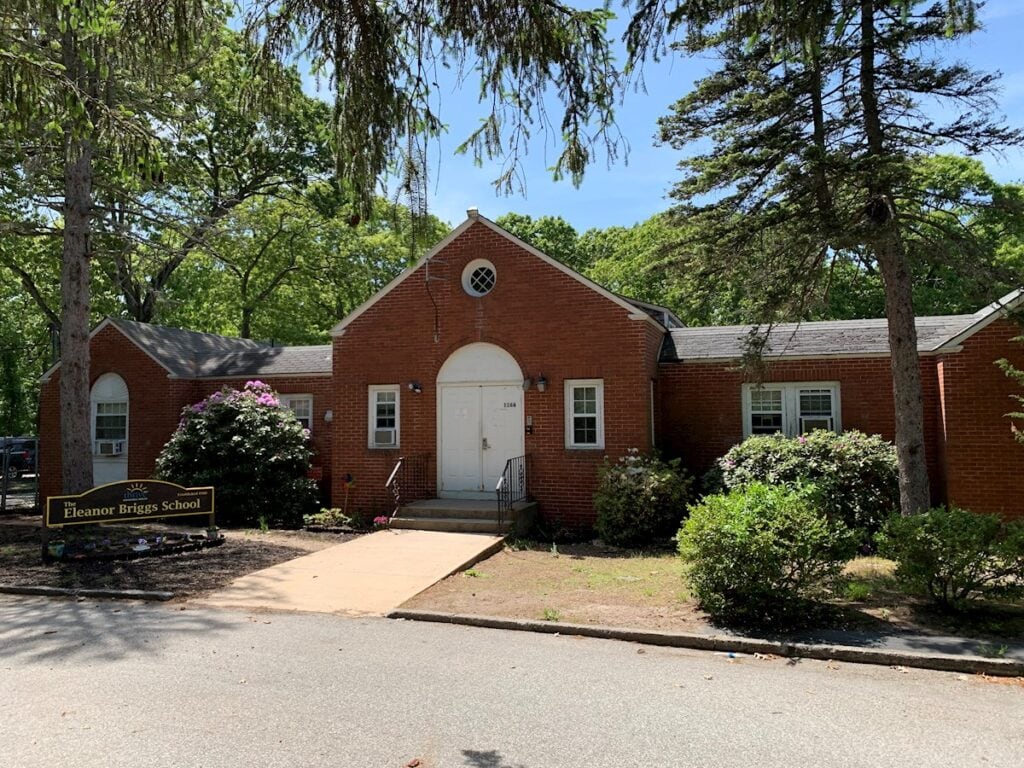In our tiny but mighty state, affordable housing has – understandably and belatedly – dominated much of the conversation with the number of Rhode Islanders experiencing homelessness on the rise. In advocacy and legislation channels, we’ve seen lawmakers, advocates and other leaders move rapidly to prioritize the construction of affordable housing to tackle the state’s lingering housing crisis and protect the state from taking any additional steps backward in our collective fight against homelessness. House speaker Joe Shekarchi is to be applauded for introducing a number of pieces of legislation in the last session to support affordable housing development.
The Rhode Island Coalition to End Homelessness point-in-time survey released this past January showed that 1,810 people were without housing, a 15% increase from last year and a jump of nearly 65% from 2020. About a third of this group were families and a third chronically homeless. With Rhode Island only having an estimated 1,100 shelter beds available, it leaves 700 people with nowhere to go.
The stakes are higher than ever and it’s encouraging to see the advancements made in the last year through legislative, public, private, and non-profit partnerships to help Rhode Island meet this demand head-on.
Affordable, permanent supportive housing is a critical means in tackling this issue, but as the CEO of Thrive Behavioral Health, one of Rhode Island’s leading behavioral health organizations, I can tell you it’s only part of the solution. Holistically and effectively addressing chronic homelessness goes well beyond the four walls and roof of a home. It requires a complete commitment to the wrap-around support services that are proactive, preventative, and comprehensive.
Thrive piloted the Housing First approach to combat chronic homelessness in RI back in 2007, and the approach is now considered to be a best practice both nationally and locally with better outcomes than treatment-first models. According to the Summer 2023 edition of the HUD publication Evidence Matters, “Housing first programs successfully house both individuals and families with multiple and intersecting vulnerabilities such as mental health and substance abuse issues, domestic violence, and medical issues … and does not facilitate negative outcomes compared with treatment first programs.”
The key to success is first, housing a person or family and then making services available on a voluntary basis and engaging with clients to access supports and treatment. Support is provided by an evidence based multi-disciplinary team approach that is staffed with case managers, nurses, psychiatrists, peer recovery specialists, and mental health and substance use clinicians. Teams combine their expertise to ensure that clients are getting comprehensive, coordinated care, and ensuring client’s unique needs of their mental and physical well-being are met. Some require a lot of supports, others not as much, but the supports are key to housing stability for many.
Despite the perennial challenges of the healthcare industry – in the form of the high cost of care, uninsured or underinsured clients, limited access due to location and staffing shortages – our teams are still able to deliver quality care and comprehensive support services.
Our housing crisis is real, and it’s exacerbating a behavioral health crisis. Pouring concrete for new housing is an important long-term piece of the puzzle, but winter is coming and we need to expand shelter capacity now. We’re currently seeing a great deal of hesitation in some of our Rhode Island communities when it comes to expanding shelter options for our state’s homeless population for a variety of reasons. The state recently made an important change in policy that will allow shelters to prioritize local inhabitants for placement. This should assuage the understandable desire of some localities to help the neediest in their immediate communities
To fully address the root causes and lingering effects of a housing and homelessness crisis, we need state leaders to work aggressively to promote and enact an agenda that strengthens both the development of affordable housing and the wrap-around support services that can address homelessness as a part of its commitment to funding housing solutions.
Dan Kubas-Meyer is the CEO of Thrive Behavioral Health, a leading provider of comprehensive evidence-based, personalized services to children, families, and adults who have been impacted by mental illness, addiction, or trauma based in Warwick with facilities across Rhode Island.

